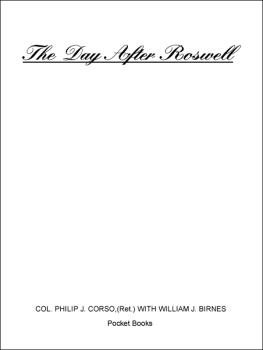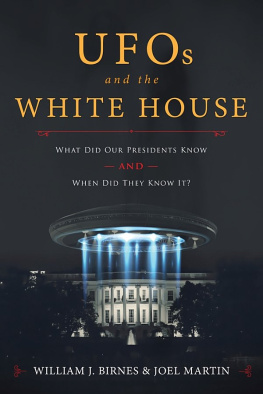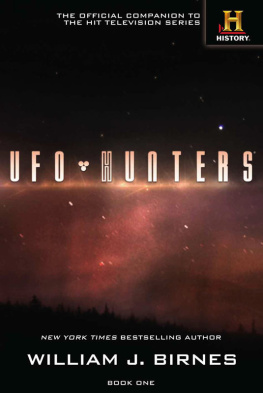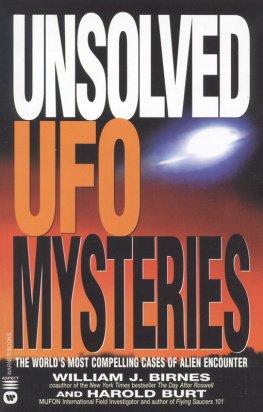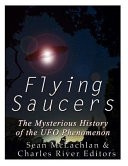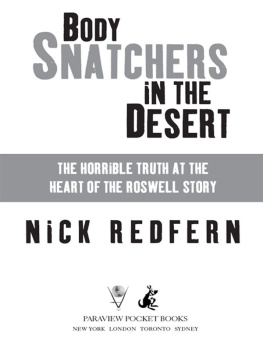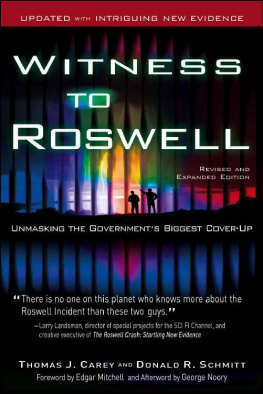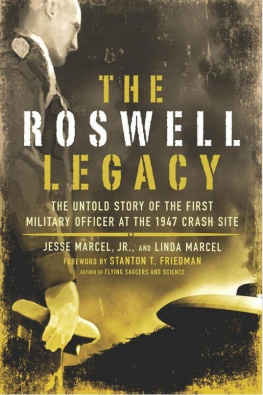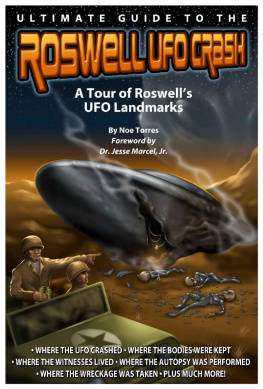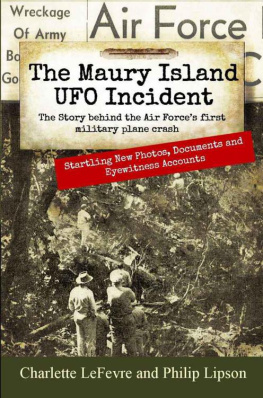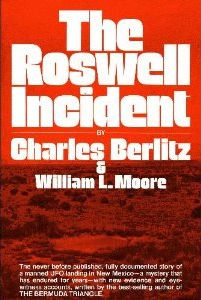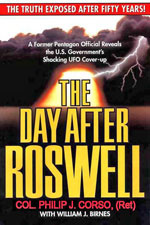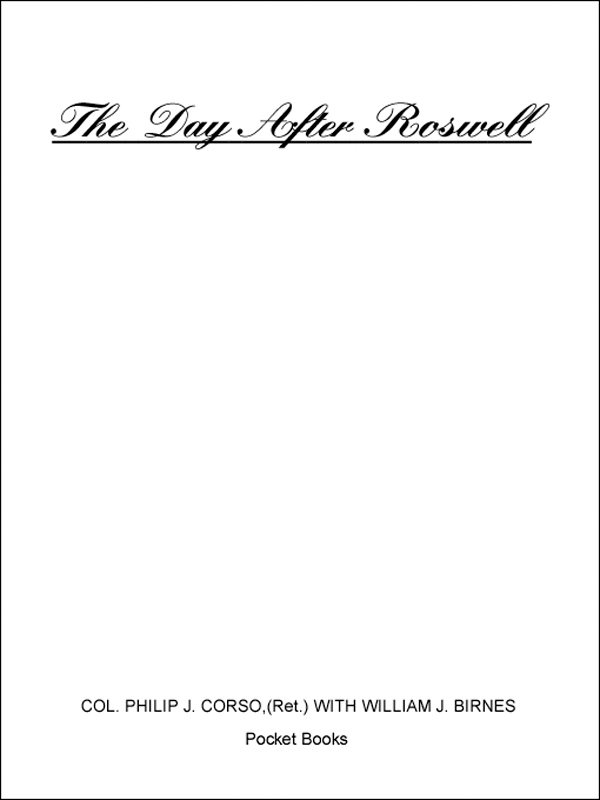Acknowledgments
I wish to thank the eighteen various U.S. Army installations from which I requested historical and background information on details of projects and studies in which I participated. They went beyond their normal activities to furnish the data I requested, which was invaluable in compiling this book. A list follows: Historical Reference Branch, U.S. Army Military History Institute, Carlisle Barracks, Carlisle Pennsylvania; Chief, Corps of Engineers, Washington, D.C.; Department of the Army R&D, The Pentagon; U.S. Army Missile Command, Command Historian, Redstone Arsenal, Alabama; U.S. Army Belvoir Research, Development and Engineering Center, Ft. Belvoir, Virginia; Space and Strategic Defense CMD, Redstone Arsenal, Huntsville, Alabama; Night Vision Electronic Sensor Center, Ft. Belvoir, Virginia; U.S. Army Research Laboratory Cmd.; Harry Diamond Laboratories, Adelphia, Maryland; Walter Reed Army Institute of Research, Washington, D.C.; Department of Army Historical Service Division, Center of Military History, Washington, D.C.; U.S. Army Corps of Engineers, Office of History, Ft. Belvoir, Virginia; Hdgs. U.S. Army CommunicationsElectronic Cmd., Research, Development and Engineering Center, Night Vision Electronic Sensors Directorate, Ft. Monmouth, New Jersey; Missile Command USASS DC-H, CSSD-PA, Huntsville, Alabama; U.S. Army, Quartermaster Center, Ft. Lee, Virginia; Hdgs. U.S. Army Materiel Cmd., Research and Development, Alexandria, Virginia; Lincoln Labs, Lexington, Massachusetts; and Bell Laboratories, Westminister, Colorado.
I also wish to thank the modern military branch of the National Archives, Washington, D.C., and the Commissioner of Patents and Trademarks, Washington, D.C.
Thanks also to my friends Neil Russell and Dennis Hackin at Neil Russell Productions in Los Angeles for their understanding of this fascinating aspect of American history and their support, and to a special friend, Andrew Russell.
In addition, I offer thanks and gratitude for the understanding and support of my editor at Pocket Books, Tris Coburn, and our Editorial Director, Emily Bestler.
Last, but not least, the memoirs of Lt. Gen. Arthur G. Trudeau. He presented my copy to me personally, with instructions to use the contents as I saw fit.
FOREWORD
Senator Strom Thurmond
When I was first elected to the United States Senate in 1954, the United States and democratic Western governments were locked in a bitter, and sometimes deadly, Cold War with totalitarian Communist governments that sought to expand their bankrupt ideology throughout the world. Though those who did not live during this era have a hard time picturing it, the 1950s and 1960s were a period in our history when there was a very real need to be concerned about a Communist, especially Soviet, threat to our security and institutions.
As a member of the Senate Armed Services Committee, I took a lead role in seeking out those in our government who sought to muzzle military personnel who wanted to alert Americans to the threats we faced from our Communist enemies and to speak out against some of the plainly misguided, incorrect and, frankly, dangerous policies of the United States in dealing with the Soviets and Red Chinese. Distinguished officers and patriotic men such as Admiral Arleigh Burke and General Arthur Trudeau were essentially censored by their own government because of the views they espoused about the state of the world and the nature of the threat before our nation. As a veteran of World War II, a commissioned officer in the United States Army Reserve, and a proponent of a strong and comprehensive military, I could not sit idly by and watch our military be undermined by people in government who were sympathetic to Communism.
During this period, the Armed Services Committee held extensive hearings into this matter. It seemed an alien concept that in a nation that protects and cherishes free expression, the men who risked their lives to keep us free and best understood how we should confront our enemies would be ordered silent. It was under these circumstances that I came to know Philip Corso, then a colonel in the United States Army, who was equally disturbed about the muzzling of our military, and who shared my concern about the future of our military forces.
As the members of the Armed Services Committee worked diligently to discover who was working to quiet our soldiers, sailors, marines, and airmen, Colonel Corso was brought to my attention by two of my former staff members. The colonel had a great deal of credibility and expertise not only as a military officer but also in the fields of intelligence and national security. A veteran of World War II and Korea, Corso had also spent four years working at the National Security Council. In short, he was very familiar with issues that concerned me and my colleagues on the Senate Armed Services Committee, and he very quickly became a valued source of bountiful information that was insightful and, most important, accurate. As a matter of fact, the material he provided was invaluable in helping us prove that the stifling of American military officers was being ordered by individuals in high-ranking positions within our own government.
In 1963, when I learned of Colonel Corsos impending retirement from the army, I thought that having a man with his background and experiences on my staff would be of great benefit. So after offering him a position that promised nothing more than long hours of hard work at a modest salary, Philip Corso once again willingly went to work serving and protecting the United States, this time as an aide in my office.
There is no question that Philip Corso has led a full and adventurous life, and I am certain that he has many interesting stories to share with individuals interested in military history, espionage, and the workings of our government. We should all be grateful that there are men and women like Colonel Corsopeople who are willing to dedicate their lives to serving the nation and protecting the ideals we all hold dearand we should honor the sacrifices they have made in their careers and in their lives.
INTRODUCTION
My name is Philip J. Corso, and for two incredible years back in the 1960s while I was a lieutenant colonel in the army heading up the Foreign Technology desk in Army Research and Development at the Pentagon, I led a double life. In my routine everyday job as a researcher and evaluator of weapons systems for the army, I investigated things like the helicopter armament the French military had developed, the tactical deployment complexities of a theater antimissile missile, or new technologies to preserve and prepare meals for our troops in the field. I read technology reports and met with engineers at army proving grounds about different kinds of ordnance and how ongoing budgeted development projects were moving forward. I submitted their reports to my boss, Lt. Gen. Arthur Trudeau, the director of Army R&D and the manager of a three-thousand-plus-man operation with lots of projects at different stages. On the surface, especially to congressmen exercising oversight as to how the taxpayers money was being spent, all of it was routine stuff.

